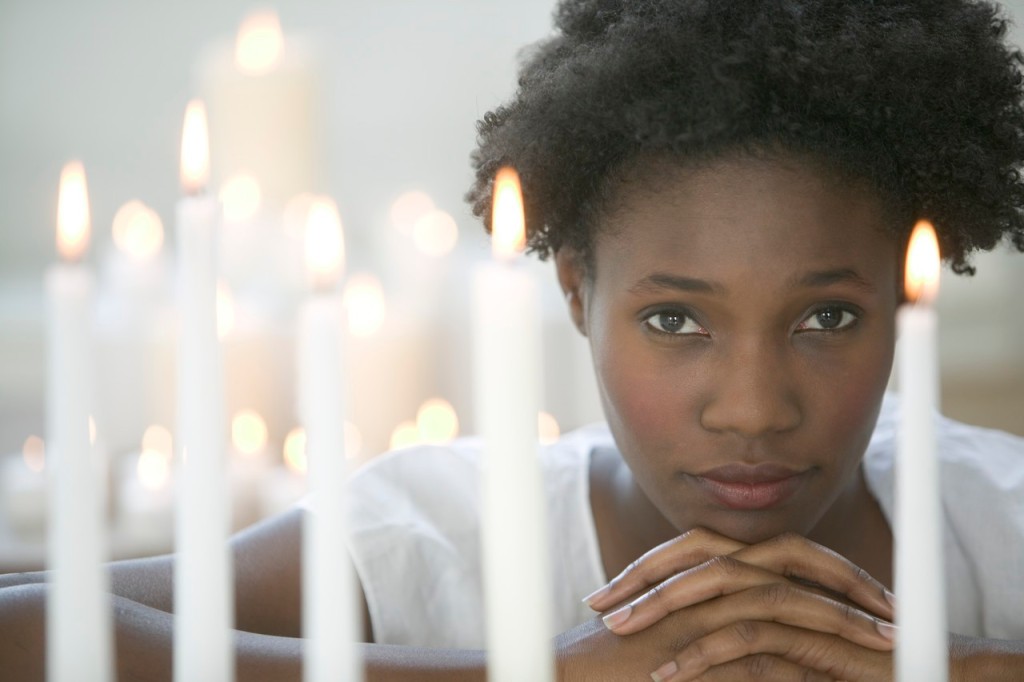


Since dismantling patriarchy is one of my approaches to reading the Scriptures, I thought it best to talk a bit about what it is and why I position myself against it. Patriarchy, in its simplest terms, is the privileging of maleness. Patriarchy is also a system that functions much like racism in that there are institutional and embedded structures that oppress women through social, political and economic practices. The United States reflects a culture that values maleness. A recent study in The Washington Post reports that white men make up about 31% of the entire population of the United States, yet are 65% of all elected officials. In other words, white men occupy more than half of the seats of power in this country. That breaks down to white men having eight times the political power nonwhite women do. Another study reports that 83% of this country’s elected prosecutors are white males. Only 1% of U.S. prosecutors are women of color. The lawmakers and law enforcers of this country are primarily white males. And like the country we live in, the Bible itself reflects a culture that privileges maleness. An example of this is the woman caught in adultery in John 7:53-8:11:
53Then each of them went home, 8 while Jesus went to the Mount of Olives. 2Early in the morning he came again to the temple. All the people came to him and he sat down and began to teach them. 3The scribes and the Pharisees brought a woman who had been caught in adultery; and making her stand before all of them, 4they said to him, “Teacher, this woman was caught in the very act of committing adultery. 5Now in the law Moses commanded us to stone such women. Now what do you say?” 6They said this to test him, so that they might have some charge to bring against him. Jesus bent down and wrote with his finger on the ground. 7When they kept on questioning him, he straightened up and said to them, “Let anyone among you who is without sin be the first to throw a stone at her.” 8And once again he bent down and wrote on the ground. 9When they heard it, they went away, one by one, beginning with the elders; and Jesus was left alone with the woman standing before him. 10Jesus straightened up and said to her, “Woman, where are they? Has no one condemned you?” 11She said, “No one, sir.” And Jesus said, “Neither do I condemn you. Go your way, and from now on do not sin again.” (NRSV)
The act of adultery requires at least two persons, right? But whomever it was that she was committing adultery with was apparently let off with a warning since it was only she who was brought before Jesus. And maleness is also privileged in the genealogy references in the Bible, such as Genesis 6:10 that tells us Noah had three sons, again, presumably, all by himself, since their mother(s) is not mentioned.
A lot of Black women occupy pews in churches that privilege maleness, and even teach and uphold certain cultural norms from an ancient culture that some argue relegate women to “second class” status. Like the decision makers in American law and order are primarily white males, many churches have men in the positions of power despite the fact that women are the overwhelming majority group of many congregations. Let’s break that down even further: single Black women are a large percentage of black church membership. But I have not encountered many single Black female Christians who were happy and content with the so-called “singles’ ministries” of the churches they attend. The lack of attention to this large segment of the church renders them invisible. Add to that the erasing effect stereotypes have upon Black female humanity and I think becomes clear why some brown girls have considered leaving the church when the sexism got to be too much. I do not believe God is sexist. I do not believe that men have something in common with God that women do not. I believe Jesus practiced a discipleship of equals. And we can choose to read the Bible in ways that recover the oft-silenced voice of the Feminine Divine. Here is an example of that. The fifteenth chapter of Luke begins with Jesus at odds with religious leaders and he uses a trilogy of parables to show them and us that God values everybody. All three of these teachings focus on various states of lostness: a lost sheep, a lost coin, and a lost son. In all three parables, the person who lost something is a representation of God’s diligence: God as the shepherd who will drop all to find the one lost sheep, God as the father filled with compassion who rushes to greet his lost son upon his return home, and God as the woman who lit a lamp and swept her home until she found her lost coin. Clearly, religion, the Bible, and culture mutually influence each other, because we often skip right over this image of God as female. Resisting patriarchy and making a different choice about the lens through which we view the Scriptures empowers us to reshape how we think about ourselves. God is a brown girl too, after all.
2 Comments